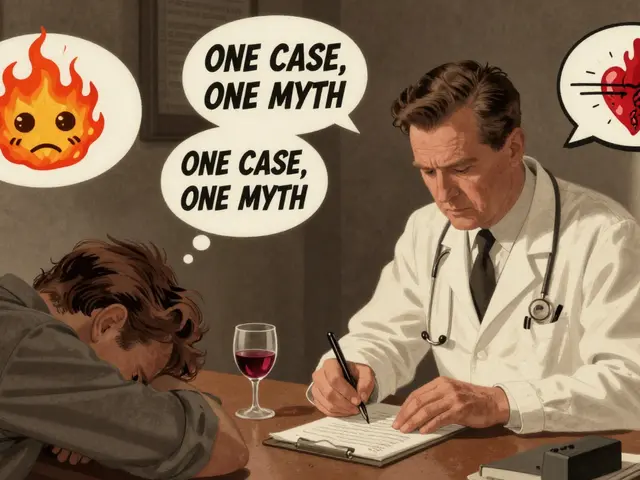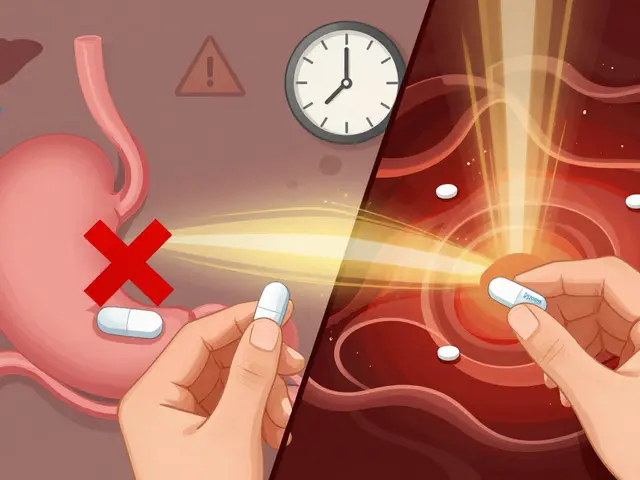Mood: How Meds Affect It and What You Can Do
Mood swings, low mood, or sudden changes in how you feel can come from many places — sleep, stress, or the medicines you’re taking. If a medication shifts your mood, you want quick, clear steps, not confusion. This page pulls together practical tips, drug guides, and safety advice so you can spot problems, act fast, and keep your mental health steady.
Common meds that change mood
Some drugs are known to affect mood more often than others. Antidepressants can cause early agitation or emotional blunting for a few weeks. Acne medicine like Accutane has been linked to mood changes in some people. Blood pressure drugs and certain antibiotics sometimes trigger low mood or irritability. If you’re switching treatments or trying a new drug, treat the first few weeks as a watch period.
Want specifics? Articles on this site like “7 Alternatives in 2025 to Duloxetine” explain treatment swaps and trade-offs. Our Accutane piece talks about real experiences and side-effect management if your skin drug affects your mood. Use those reads to start a focused conversation with your prescriber.
Practical steps if a med affects your mood
Start with a mood journal. Jot date, time, medications taken, sleep, and a short mood rating (1–10). That record makes it easier to see patterns and gives your doctor concrete data. If mood drops sharply or you get suicidal thoughts, call emergency services or a crisis line immediately — don’t wait for a clinic visit.
Before changing or stopping a medicine, check interactions and tapering rules. Some drugs must be tapered slowly to avoid withdrawal that can worsen mood. If cost is a barrier to staying on a safe treatment, read our guide “How to Slash Prescription Costs Without Health Insurance in 2025” for coupons, discount cards, and trusted online providers.
Use reliable sources when buying meds online. Scams can sell counterfeit products that not only don’t help, they can harm your mood and health. Our reviews like “Online Pharmacy kits4less.com: Is It Safe, Legal, and Worth Your Time?” and “eskincarestore.com Review” show what to look for: clear contact info, pharmacist access, and prescription requirements.
Combine treatments: medication plus therapy often works better than either alone. Cognitive-behavioral therapy (CBT) or brief counseling helps you build coping skills while meds stabilize chemistry. Talk to your prescriber about combined plans — most will support a stepwise approach.
Finally, advocate for yourself. Ask your doctor: Which side effects should I expect? How long until mood stabilizes? What’s an emergency sign? If you get vague answers, get a second opinion or bring your mood journal to the next visit. Clear, simple records and direct questions get better care — and keep your mood safer.

Sneezing and mental health: can sneezing affect your mood?
Alright folks, here's a quirky topic for you - can your sneezes really impact your mood? As wild as it sounds, there's actually some science behind this! Our brain releases feel-good chemicals called endorphins when we sneeze, causing a brief, albeit real, mood boost. It's like a mini mental health pick-me-up delivered by your own body, who knew? So next time you feel a sneeze coming on, embrace it and let the good vibes flow!
View More




